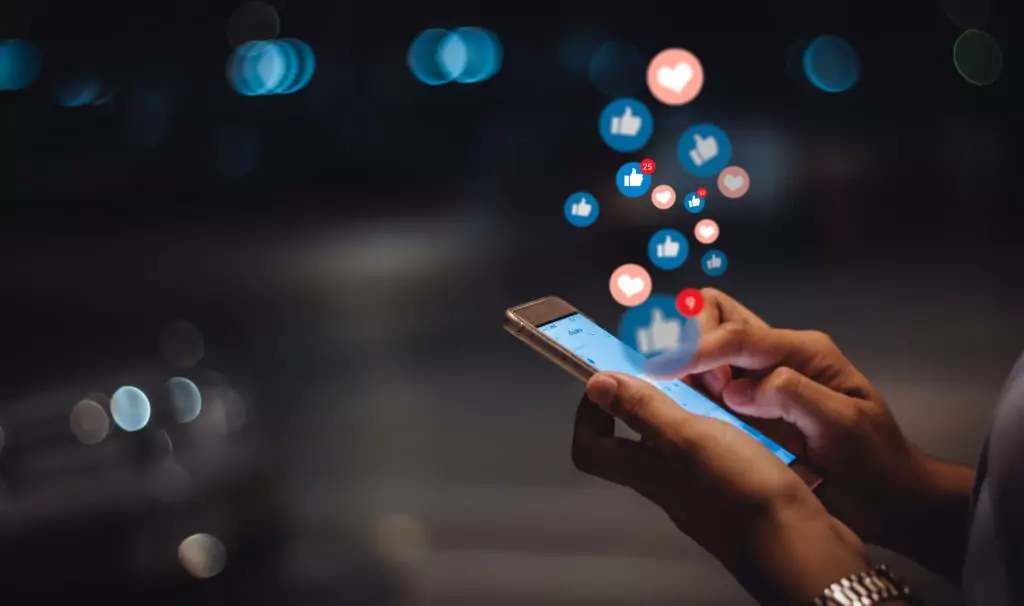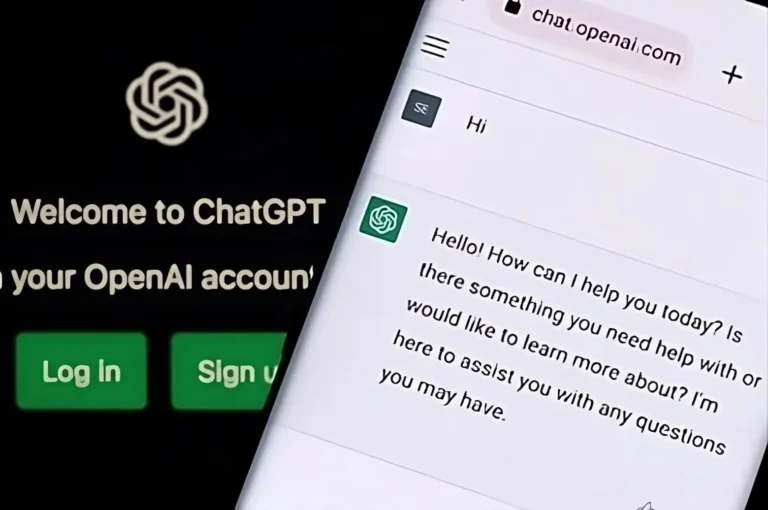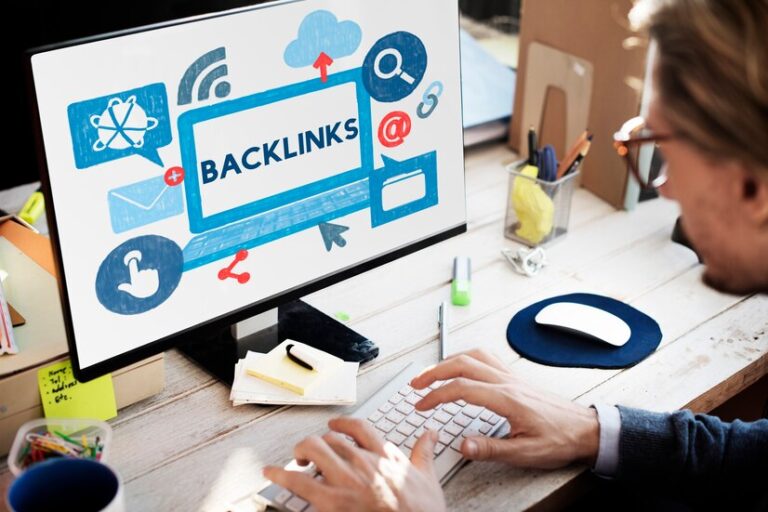Social Media Detox: Why You Should Must Try This?
Introduction: What is Social Media Detox?
Social media detox refers to taking a break from social media platforms such as Facebook, Twitter, Instagram, and Snapchat. It involves disconnecting from these platforms for a certain period of time, usually a few days or weeks.

Social media detox is becoming increasingly popular as people are starting to realize the negative impact that social media can have on their mental health and overall well-being.
The Negative Effects of Social Media on Mental Health
Studies have shown that social media can have a negative impact on mental health. Social media can contribute to anxiety, depression, and other mental health issues. One study found that people who spend more time on social media are more likely to experience symptoms of anxiety and depression. Another study found that social media use is associated with increased feelings of loneliness and social isolation.
Social media can also contribute to negative body image and low self-esteem. People often compare themselves to others on social media, which can lead to feelings of inadequacy and low self-worth. This can be particularly harmful for young people who are still developing their sense of self.
The Addictive Nature of Social Media and How it Affects Productivity
Social media can be addictive due to the constant stream of notifications and the fear of missing out (FOMO). This can lead to a decrease in productivity and focus as people spend more time scrolling through their feeds instead of working or studying.
Research has shown that multitasking, such as checking social media while working, can actually decrease productivity by up to 40%. This is because it takes time for our brains to switch between tasks, which can lead to a decrease in overall efficiency.
The Importance of Disconnecting to Reconnect with Yourself and Others
Taking a break from social media can have many benefits. It allows you to disconnect from the constant stream of information and notifications, which can be overwhelming at times. This can help you reconnect with yourself and your own thoughts and feelings.
Disconnecting from social media can also help you reconnect with others. Instead of spending time scrolling through your feed, you can spend time with friends and family in person or over the phone. This can help strengthen relationships and improve overall well-being.
How Social Media Detox Can Improve Your Mental Health
Social media detox has been shown to have many positive effects on mental health. It can improve mood, reduce stress, and increase happiness. One study found that taking a break from Facebook for just one week led to significant improvements in well-being.
Disconnecting from social media can also help reduce symptoms of anxiety and depression. By taking a break from the constant stream of information and notifications, people are able to focus on their own thoughts and feelings without being distracted by external factors.
Tips for a Successful Social Media Detox
Preparing for a social media detox is important in order to ensure success. Some tips for preparing for a successful detox include setting clear goals, informing friends and family about your plans, and finding alternative activities to fill your time.
During the detox period, it’s important to stay busy with other activities such as exercise, reading, or spending time with loved ones. It’s also important to avoid temptation by deleting social media apps from your phone or using website blockers on your computer.
The Benefits of Taking a Break from Social Media
Taking a break from social media has many benefits beyond just improving mental health. It can also improve relationships by allowing people to connect with others in more meaningful ways. Face-to-face communication is often more effective than online communication when it comes to building strong relationships.
Disconnecting from social media can also increase productivity by reducing distractions and allowing people to focus on their work or studies without interruption.
How to Stay Connected with Friends and Family Without Social Media
There are many alternative ways to stay in touch with loved ones without using social media. These include phone calls, text messages, email, or even sending letters or cards in the mail. These methods may take more effort than simply sending a message on social media, but they are often more meaningful and effective in building strong relationships.
The Role of Social Media in FOMO (Fear of Missing Out) and Comparison Culture
Social media can contribute to FOMO (fear of missing out) and comparison culture by creating unrealistic expectations about what life should look like. People often compare themselves to others on social media, which can lead to feelings of inadequacy and low self-worth.
Taking a break from social media can help reduce these negative feelings by allowing people to focus on their own lives without being distracted by what others are doing.
Conclusion: Why You Should Try Social Media Detox and How to Get Started
Social media detox has many benefits for mental health, relationships, and productivity. By taking a break from social media, people are able to reconnect with themselves and others in more meaningful ways.
To get started with a social media detox, it’s important to set clear goals, inform friends and family about your plans, find alternative activities to fill your time, and avoid temptation by deleting apps or using website blockers.
Overall, social media detox is an important tool for improving mental health and overall well-being in today’s digital age.





